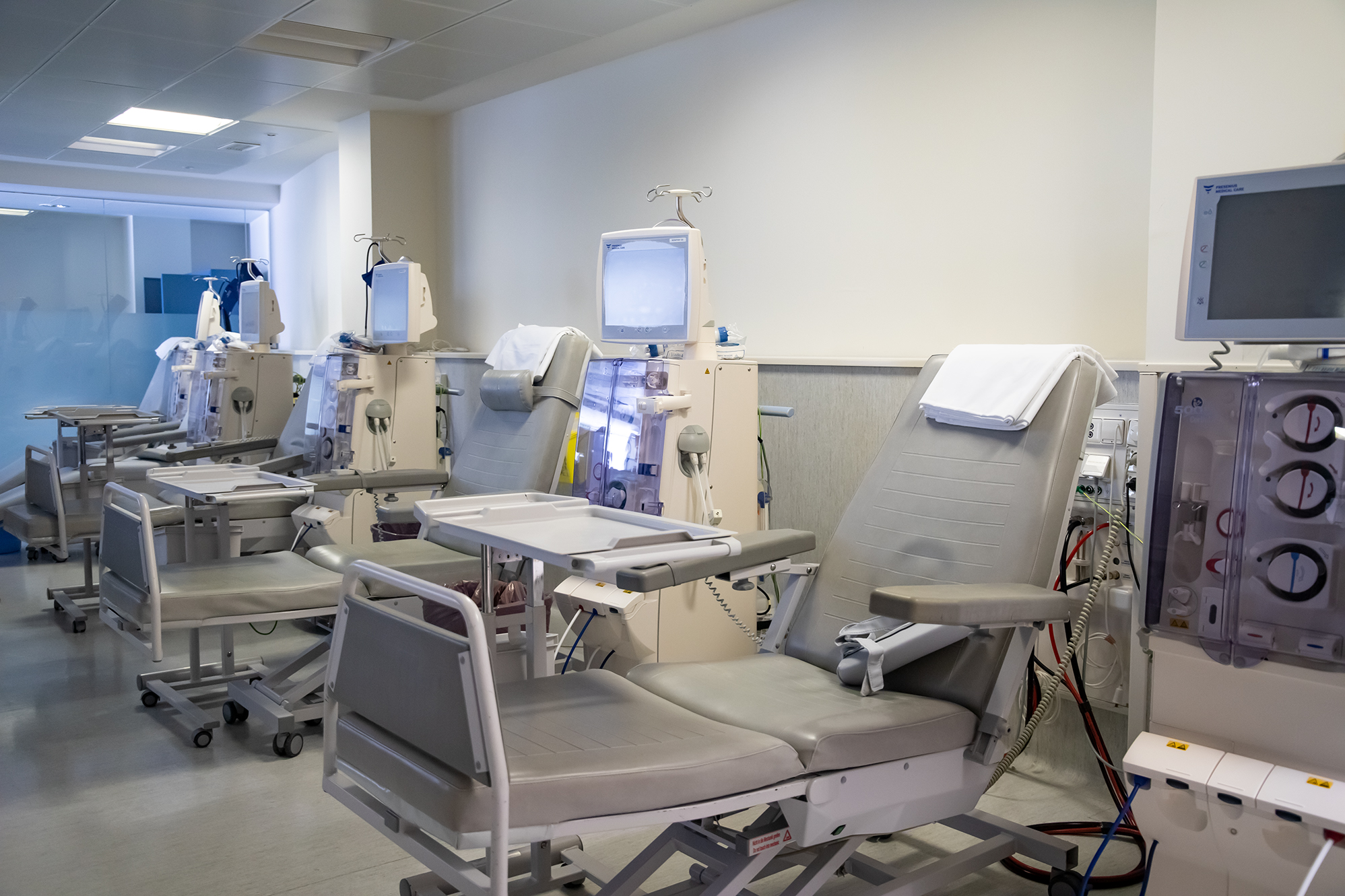THE Spanish Society of Nephrology (SEN) estimates that 10% of the population suffers from some degree of Chronic Kidney Disease (CKD).
Kidney failure occurs when the kidneys, responsible for removing impurities from the blood, do not perform this function well.
It is a highly prevalent condition in the population that often goes unnoticed in the early stages due to the absence of symptoms.
“When they don’t work well, waste can build up in the blood, leading to complications such as hypertension, anemia, weak bones, malnutrition, and heart or vascular diseases. These problems can develop slowly over a prolonged period, often without symptoms,” explains Dr. Alberto Marañés, Head of the Nephrology Department at Quirónsalud Marbella Hospital.
This ‘silent’ nature in the early stages of CKD is the reason why the disease goes unnoticed for most people. However, its detection depends solely on a simple blood test.
“The best way to diagnose it is to have a blood test to determine creatinine levels and a urine test to check for blood, leukocytes, or albumin, which helps detect kidney damage in early stages. It is especially recommended for people with diabetes and/or hypertension,” explained the expert.
The most common causes of CKD are Diabetes Mellitus and arterial hypertension. Because both pathologies are becoming increasingly common, there has been an exponential growth in the disease, with a higher incidence in developed countries due to the adoption of unhealthy lifestyles.
The function of the kidneys is vital for our body. In addition to eliminating waste and excess fluids from the body, they help control blood pressure, bone metabolism, prevent anemia, and maintain the balance of chemicals in the blood such as sodium, potassium, phosphorus, and calcium.
Dr. Marañés added that it is essential to ‘take care of kidney health’.
To do this, the specialist suggests following a simple set f guideline which are ‘easy to incorporate effortlessly’ into our daily routine such as avoiding obesity, managing diabetes and arterial hypertension, having regular medical check-ups, respecting rest hours, avoiding excesses of any kind, especially in diet, engaging in physical activity, and drinking about two liters of water a day.”
Andalusia’s Unique Dialysis Unit
Chronic kidney failure can ultimately lead to the need for dialysis or a kidney transplant. Early detection and treatment prevent or delay these complications, although if necessary, it is reassuring to know that there are tools at our disposal.
Quirónsalud Marbella Hospital has a Hemodialysis Unit, the only one in the Quironsalud group in Andalucia, equipped with 20 stations and the latest technology in its field.
Covering a total area of 500 m2, it houses a spacious treatment room with 10 dialysis monitors, meeting European quality standards.
The unit is led by a team of highly reputed nephrology specialists with physical presence at all times, as well as nursing staff with extensive experience and training in hemodialysis.
For more information, please visit www.quironsalud.com/marbella or call
+34 952 774 200








